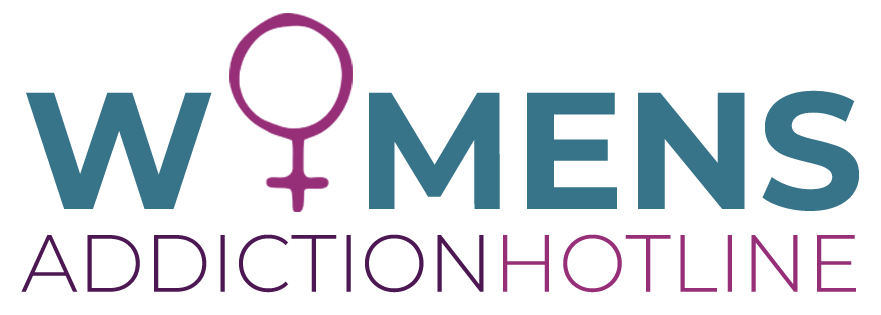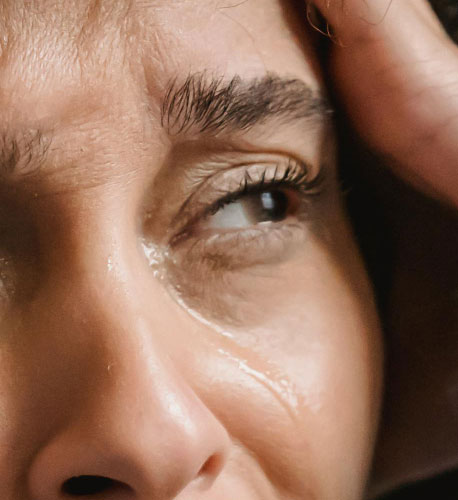South Dakota Women’s Addiction Hotline
South Dakota Women’s Substance Abuse Hotline
South Dakota Women’s Drug & Alcohol Abuse Statistics
Substance abuse among women in South Dakota is a significant issue, with prevalence rates consistently above the national average[1]. This indicates a pressing need for targeted interventions and support services for women struggling with substance abuse in South Dakota.
The most commonly abused substances among women in South Dakota include alcohol, prescription opioids, and methamphetamine[2]. In particular, the misuse of prescription opioids has been a growing concern in the state, with rates of misuse among women higher than those of men[1]. The impact of substance abuse on women’s physical and mental health can be devastating, with long-term consequences that extend beyond the individual to their families and communities.
Several factors may contribute to the high prevalence of substance abuse among women in South Dakota. These may include social and economic factors such as poverty, trauma, and lack of access to healthcare and support services[2]. Additionally, women may be more likely to self-medicate with drugs and alcohol to cope with stressors such as domestic violence, parenting responsibilities, and mental health issues[3]. Addressing these underlying factors is crucial to effectively addressing substance abuse among women in South Dakota and promoting long-term recovery and wellness.
References
1. Explore Illicit Drug Use – Women (18-49) in South Dakota. from www.americashealthrankings.org
2. Substance Use Data & Reports. from doh.sd.gov/health-data-reports/substance-use-data-reports/
3. South Dakota (SD) | CBHSQ Data. from www.samhsa.gov/data/report/south-dakota-sd

Women’s Substance Abuse Treatment Resources South Dakota

South Dakota Government Substance Use Disorder & Recovery Services
South Dakota Government Substance Use Disorder & Recovery Services. Mental health and substance use disorder treatment services are available including if you need assistance in paying for services. Find services in your area or visit the national Behavioral Health Treatment Services Locater. Substance Use Disorder & Recovery Support Services The Division of Behavioral Health contracts with accredited substance use disorder treatment agencies across the state to provide quality services to both adults and youth. Services include screenings and assessments, early intervention, detoxification, outpatient and inpatient treatment services. Funding assistance may be available, contact your local treatment agency for more information.

Passages South Dakota Women’s Transitional Living
Passages South Dakota Women’s Transitional Living. At Passages, women whose lives were shattered due to drugs, alcohol or abuse learn to build right relationships with God, themselves, and others. Initiated in 2008, with the first residents housed in 2013, Passages’ loving home environment replaces the lies women believe about themselves with the truth that they are valued human beings: providing hope, opportunity and skills to reach their full potential.

Teen Challenge Girls South Dakota Residential Addiction Program
Teen Challenge Girls South Dakota Residential Addiction Program. Teen Challenge programs for girls can provide an affordable safe haven and school for adolescent girls in South Dakota and from around the country. It works with teens who have sought to fill a void in their hearts through anger, self-harm or negative peer influences.

South Dakota Stand Against Meth Resources and Support
South Dakota Stand Against Meth Resources and Support. Meth addiction is everyone’s problem. Here’s how to fight it. South Dakota has a problem. There isn’t a single solution because meth is widespread. But we can approach it from different angles, so it doesn’t take over counties, towns, neighborhoods. Let’s work together. Meth. We’re on it. Resources are just a phone call or click away. Available 24 hours a day, 365 days a year. Always free and confidential. Resources for those who want to help, practice prevention or volunteer for causes to aid those struggling with meth addiction.

